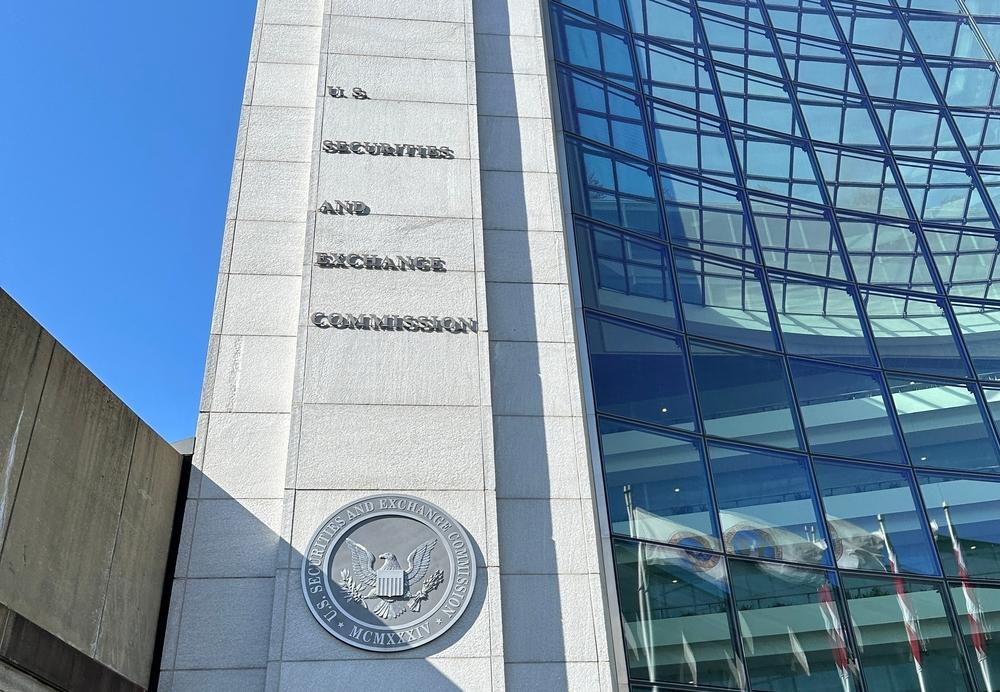Profits from crypto transactions are now being targeted by the Israel Tax Authority (ITA) in its efforts to boost revenue collection. The agency recently sent notices to dozens of cryptocurrency owners instructing them to disclose their digital assets so they can be taxed properly.
Dozens of cryptocurrency-owning Israelis received notifications from the ITA asking them to fully disclose their digital assets for taxation purposes, Bitcoin.com report. This development came after previous speculations by the Israeli media said that tax assessors were exerting “pressure on the digital currency market.”
The letters sent by the tax agency requested crypto holders to “report all assets and income, although many have no other assets aside from their digital wallet,” according to Globes. ITA also sent inquiries to Israel-based crypto exchanges, as well as exchanges abroad, for information on Israel nationals who are trading in digital currencies on their platforms.
The Tax Authority “receives data from Europe-based funds and accounts held by Israelis” via the EU Common Reports Standards regulations for the automatic exchange of financial information, Globes added. Similarly, the ITA also receives data from the US Internal Revenue Service through the FATCA agreement.
ITA stated in 2018 that cryptocurrency investors are subject to a 25 percent capital gains tax if their trading activity is not a commercial enterprise. Should their activity become a business, they will be subject to a two-stage corporate tax, or a marginal tax depending on their tax bracket.
The report added that the tax agency is now becoming more interested in the crypto market with Bitcoin’s recent rally. The world’s largest cryptocurrency by market cap soared past its previous December 2017 all-time high and recently established a new record above $25,000, according to Coindesk. The token’s price slid back after briefly trading above $25K and is now trading slightly above $24,800.
“The Tax Authority renewed its interest in this area recently as a result of two factors: lack of money and a desire to fill the public coffers, where this resource could help,” Adv. Leor Nouman, chairman of the tax practice group at the law firm S. Horowitz & Co, said. “The second main consideration is that Bitcoin has rallied. The Tax Authority's working assumption is that, as Bitcoin has hit $20,000, quite a few traders must have cashed out, and the Authority assumes it can lay its hands on quite a bit of money.”

























Comment 2